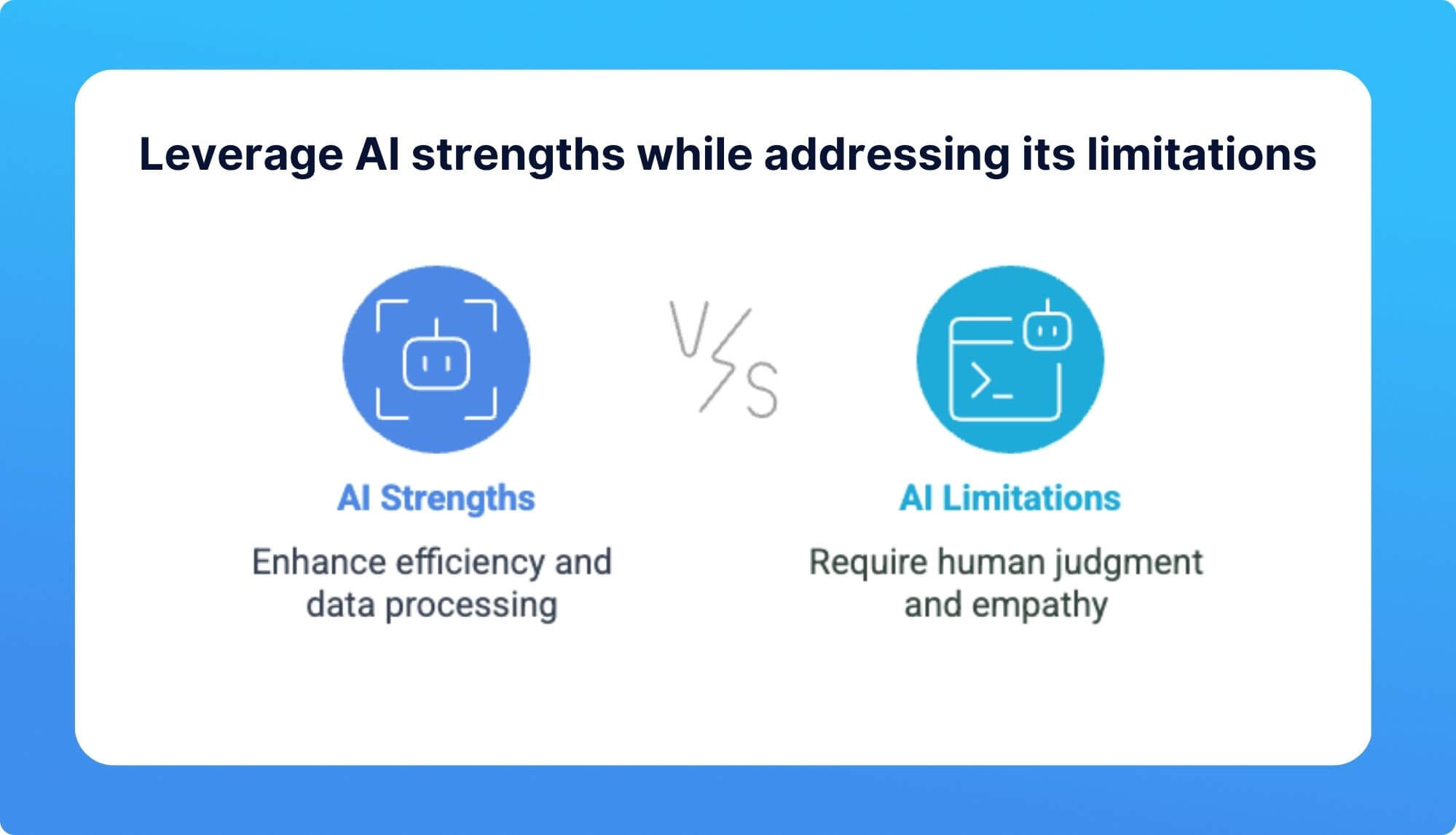Will AI Replace Finance Assistants?
AI is automating finance tasks, but it’s not replacing finance assistants. The role is evolving—and there’s room to grow for those who adapt.
Table of contents

AI is automating finance tasks, but it’s not replacing finance assistants. The role is evolving—and there’s room to grow for those who adapt.
If you work as a finance assistant, you know the drill. You manage spreadsheets, process invoices, track expenses, reconcile accounts, and help keep the financial side of the business running. It’s detailed work and sometimes a little repetitive—but it’s also important.
Lately, though, you might be hearing about companies using AI tools to do this kind of work automatically. Some are using software to handle invoices, generate reports, or even categorize expenses—without anyone needing to touch a spreadsheet.
That brings up the big question:
Will AI replace finance assistants?
The honest answer is: AI is already changing how this job is done—but it’s not the end of the road. It’s a sign that the job is evolving.
If you understand what’s changing and take a few smart steps to adapt, you can not only keep your job—you can grow into a better one.

AI, or artificial intelligence, is a type of software that can "learn" to do tasks by recognizing patterns in data. It’s being used more and more in finance departments—not just in big companies, but also in small businesses and startups.
Here are some examples of how AI is already being used in finance-related work:
In many offices, finance assistants are responsible for reviewing invoices, checking for errors, and entering details into accounting software.
Now, AI-powered tools can scan digital invoices, pull out the correct information, and upload it directly into the system—no typing needed.
That saves time and reduces mistakes.
Companies are using AI to automatically categorize employee expenses based on receipt images or bank transactions. Instead of someone going through them line by line, the system does it in seconds.
One of the more repetitive parts of finance assistant work—copying numbers between spreadsheets, checking for mismatches, or matching records—can now be done by AI systems much faster and with fewer errors.
Some finance software can automatically generate monthly reports—pulling data from different sources and organizing it into charts and summaries, without needing manual input from an assistant.
This might sound like the job is disappearing. But it’s not that simple.

AI is fast, accurate, and great at doing one thing over and over again. But finance work isn’t just data—it’s also about people, decisions, and judgment.
The takeaway: AI is a tool, not a replacement. But you’ll need to learn how to work with it, not around it.

Let’s break it down honestly.
In short: the more your job is about repetition, the more likely it is to be automated.
But if your role includes thinking, communicating, or improving processes—you’re in a safer place.
The best way to stay valuable is to step slightly ahead of what AI can do, and learn how to work with the tools that are shaping the future of finance.
You don’t need to become a tech expert, but it helps to learn:
This is where No-Code tools come in—they let you build automation without writing code.
Finance assistants who can:
These human skills are impossible for AI to replace—and they’re in high demand.
“Skills such as creativity, curiosity, courage, compassion, and communication will be key as AI continues to disrupt workforces. AI is compelling us to reevaluate not only the nature of work but also our humanity within the workplace. Our human skills are emerging as the new 'hard skills,' essential for success in this next phase of work”.
- Aneesh Raman, Chief Economic Opportunity Officer at LinkedIn
Once you learn the basics of automation and AI, your options open up. Here are a few examples of some alternative careers for finance assistants:
These roles offer better pay, more flexibility, and more growth potential—and they’re within reach.
AI is not the enemy. It’s a sign that the job is changing, not disappearing.
If you continue doing only the tasks that a machine can do, your job may eventually be replaced.
But if you learn how to use digital tools, apply your knowledge in smarter ways, and focus on human strengths like communication, intuition, and problem-solving—you’ll not only stay relevant, you’ll become essential.
And here’s the good news: you don’t need to learn coding to do any of this. Our beginner-friendly course teaches you how to use No-Code and AI tools to future-proof your skills and open doors to better opportunities in under 200 hours.
Step forward, not backward. You’ve got more options than you think.
Looking to re-invent yourself and turn your talent into a career? Stay up to date with the latest.